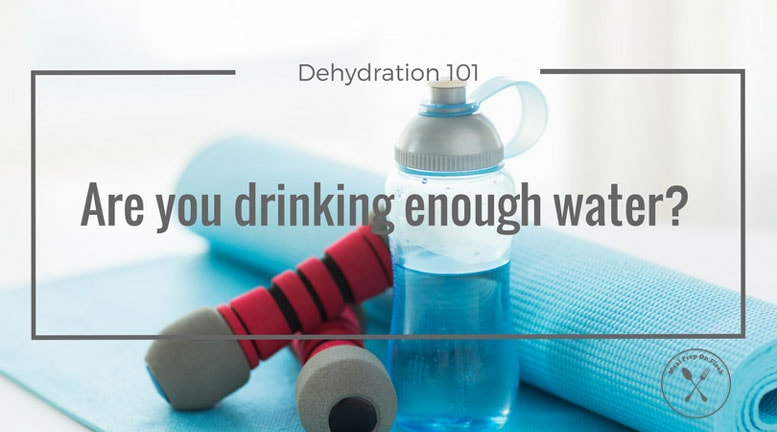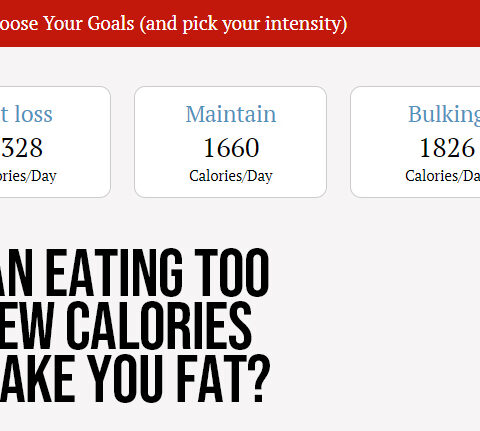Studies show, mild dehydration causes anger, fatigue and mood swings... you don't want to be "that girl" (or guy) this summer! Here is what you need to know about dehydration and how to keep those pool party and river trip invites coming.
What is dehydration?
Our bodies are composed of about 60% water. This water is absolutely essential to life as it carries out critical roles such as regulating body temperature, lubricating joints, carrying nutrients throughout the body, and assisting in the removal of toxins. A person’s ideal hydration status occurs when their fluid intake is equal to their fluid output throughout a 24-hour period. When we take in less water than our body needs, we start to become dehydrated.
There are times when we are more at risk for dehydration than others;
- in hot temperatures, with limited access to water
- with the loss of more water than usual (during intense exercise)
- when we are sick with vomiting or diarrhea
- or on certain medicines (diuretics)
These are all situations in which it is crucial to pay attention to our fluid status to prevent dehydration. A loss of even 1-2% of our total body weight from dehydration can significantly impact physical and mental functioning. Dehydration is not something to take lightly!
How do I know if I am dehydrated?
Our bodies have defenses in place to prevent dehydration, one of those is feeling thirsty. While this may seem too simple, the physical feeling of thirst is your body telling you to drink more water! Another easy way to determine your hydration status is to check the color of your urine. A well-hydrated person’s urine will be pale yellow in color; whereas someone who is dehydrated will have urine that is dark yellow or brown in color.
Some other symptoms you might experience if you are not properly hydrated include:
- headache
- fatigue
- muscle weakness
- dry or sticky mouth
- increased thirst
- constipation.
How can I prevent dehydration?
Pay attention to what your body is telling you throughout the day! The clues you get just by being aware of thirst and urine color will tell you so much about your hydration status.
Women are recommended to drink about 2 liters, or about 8 ½ cups of fluid per day, some of which can even come from hydrating foods!
Men are recommended to drink about 2.5 liters, or about 10 ½ cups of fluid per day.
While these fluid recommendations may seem overwhelming, drinking fluid at regular intervals throughout the day, with meals and in between meals, will ensure that you reach your fluid goal! Another easy tip to maintain adequate hydration is to carry a water bottle with you throughout the day, which will allow you to always have access to water.
What if I don’t feel like drinking water?
No problem! In fact, about 20% of our total water intake actually comes from the foods we eat.
Foods that are full of hydration include:
- watermelon
- strawberries
- grapefruit
- cantaloupe
- zucchini
- celery
- tomato
- spinach
- cucumber
- and many others fruits and vegetables
There are also a variety of hydrating drinks to try that are not water, some of these include: milk, unsweetened hot or iced tea, sparkling water, infusing water with mint, cucumbers, berries, and believe it or not, coffee hydrate too! Sports drinks can be used to improve fluid status as well; however, with this option it is important to pay attention to the nutrition label, more specifically the amount of sugar in the beverage. Sports drinks, such as Gatorade, are known to be high in sugar, but if you are participating in high intensity exercise for a long duration of time, you may want to choose the sports drink to replace some of the electrolytes you have lost from sweat.
Looking for another simple option? Try fruit-infused water! Pick any fruit, such as strawberries or oranges, and put a few slices of that fruit into your water bottle for the day. As the fruit infuses, some of the flavors of the fruit will steep into the water giving it a light, fresh taste! There are numerous fluid & food options to try when reaching for your daily hydration needs, the most important thing is to choose what works best for your body while still being aware of any additives (such as added sugar) that you might not necessarily want.







